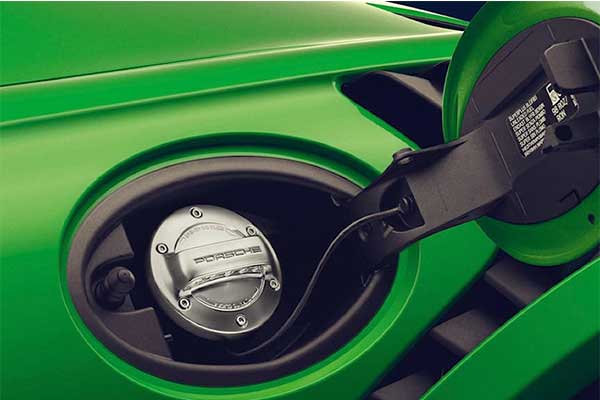News
Porsche Begins Synthetic Fuel Production In Chile As 911 Gets 1st Fill Up
-
News1 week ago
Mercedes Will Not, However, Employ BMW Engines
-
News1 week ago
₦300m SUV : No Nigerian Actress Can Say Her Mercedes G-Wagon Was Bought From Acting Alone – Yemi Solade
-
News1 week ago
BMW Does Not Fear Competition From China
-
News1 week ago
Stellantis Pulls The Plug On The Electric Ram Due To Low Demand
-
News1 week ago
Elon Musk Purchases Approximately $1 Billion Worth Of Tesla Stocks
-
News7 days ago
Poor Demand For EVs Forces Ford To Layoff Over 1000 Employees
-
News1 week ago
The United States Lowers Tariff On Japanese Automobiles To 15%
-
News7 days ago
BMW’s Design Director “Big ‘Kidneys’ Are Justified”
